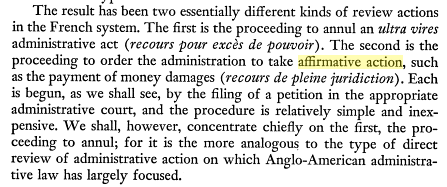Extraposition
P.S. cited this sentence (from Vrinda Agarwal, "Let’s run the world, girls", Daily Californian 4/26/2014):
It matters that we have men and women representing women, especially because we still have politicians such as Texas Gov. Rick Perry, who referred to the recent debate over equal pay for women as “nonsense,” and Texas Attorney General Greg Abbott, who said he would not support making lawsuits easier on pay for women.
Puzzled, P.S. wondered whether the wording "… making lawsuits easier on pay for women" might be the result of blind application of some grammatical prejudice:
To me, it seems that the more natural construction of the emphasized clause would be "making lawsuits on pay for women easier", and the construction in the article is a result of following (perhaps) some automated grammar advice on keeping adjectives and noun together. But then, I am not really a native speaker, so maybe this is just a perfectly natural construction I have never seen before.
Read the rest of this entry »



